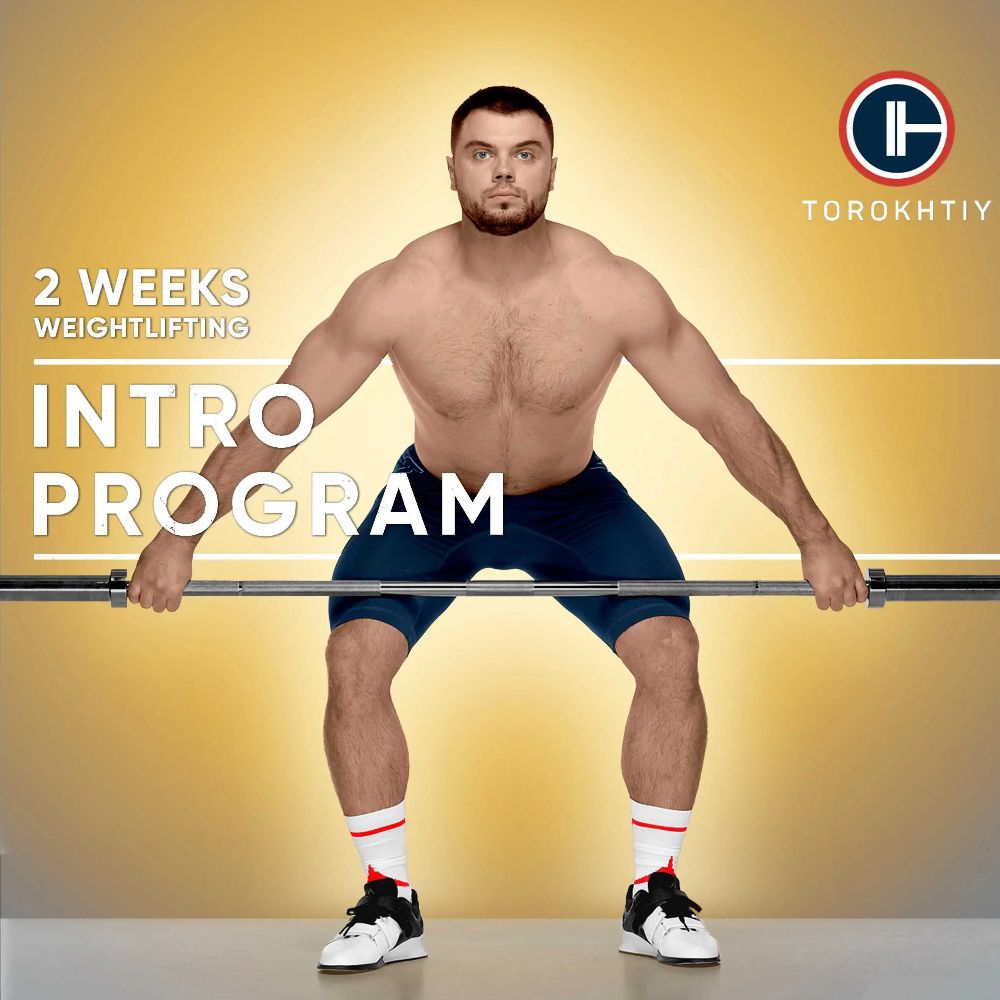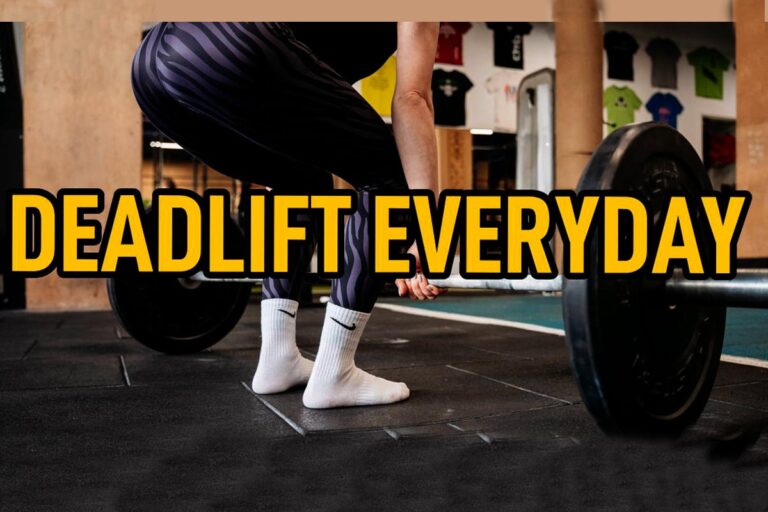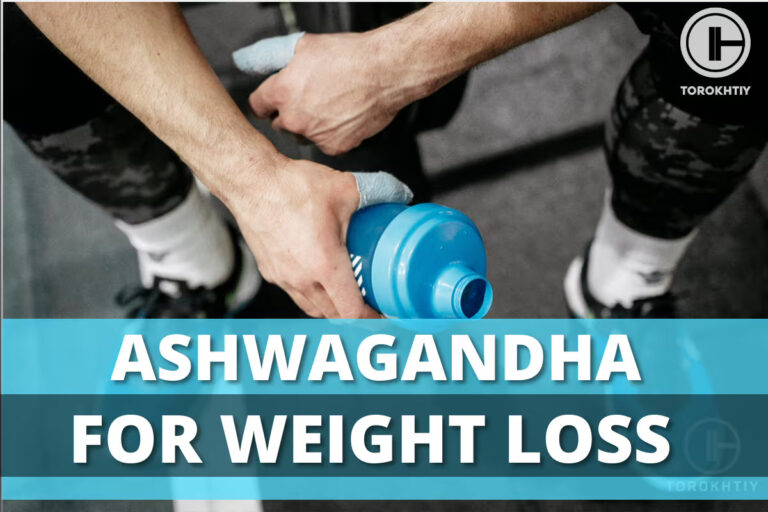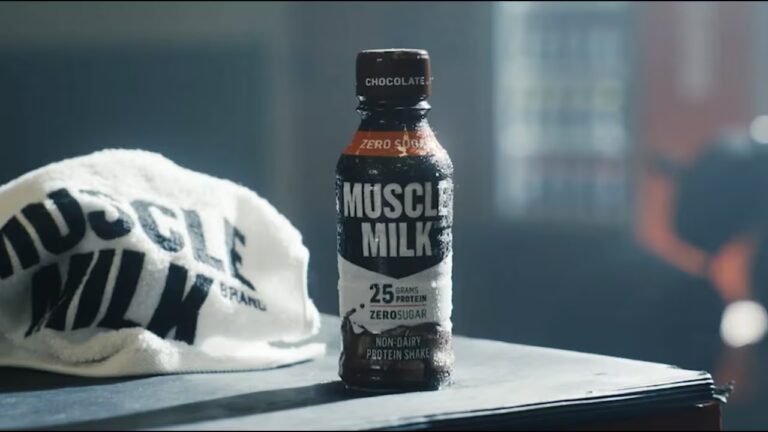How Long Should a Weight Lifting Workout Last?
Embarking on weight lifting journey, but unsure how long should a weight lifting workout last? The average weight lifting duration hinges on various factors, including goals and your experience in lifting. Dive deeper with this guide to tailor your strength training session perfectly to your objectives.
How long should a weight lifting workout last? Generally, a session is optimally between 45 to 90 minutes. The exact duration depends on one’s goals, exercise selection, volume and intensity. It’s crucial to balance duration with effectiveness, providing recovery between exercises and sessions.
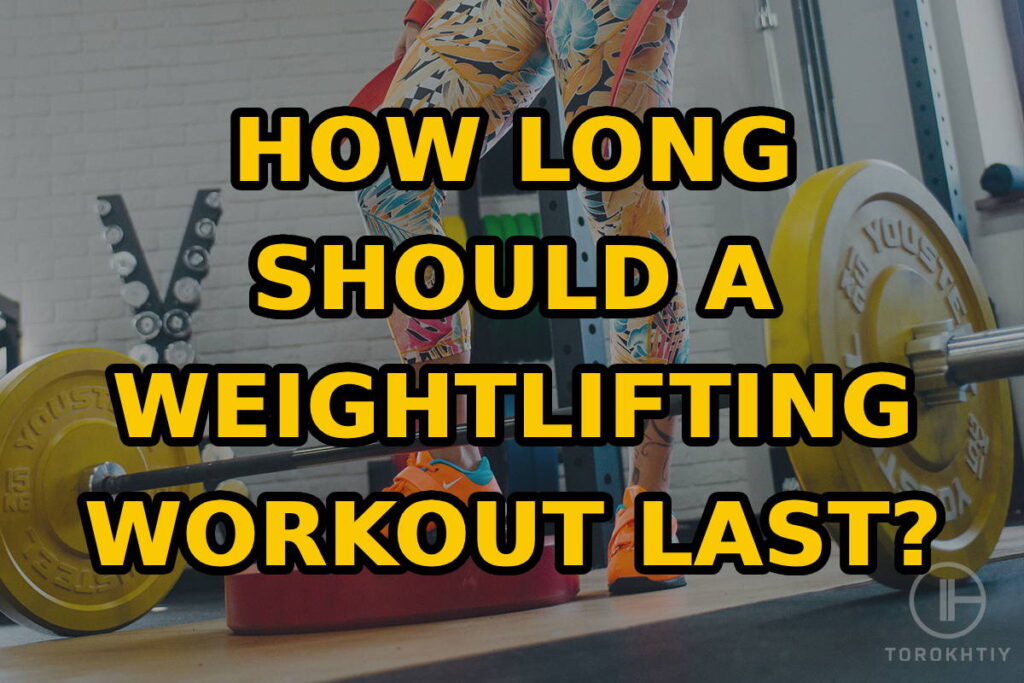
What Is The Average Weight Lifting Training Time?
The amount of time spent on strength training depends on a number of specific factors. A standard weight training workout for most athletes can be in the range from 45 to 90 minutes and for pro athletes even up to two full hours.
So, how long should a weightlifting session last?
Definitely this is a very broad range and the ideal duration depends on a variety of specific factors:
1. Training Goals
You may train for muscle growth and will spend a different amount of time than someone training for cross training or strength endurance. Hypertrophy programs might involve a big volume of sets, various exercises for each muscle group and will last longer. In contrast, strength training programs will consist of singles-doubles-triples lifts and longer rest intervals.
2. Intensity
High-Intensity Interval Training (HIIT) might be shorter and way more exhausting. High-Intensity Interval weight lifting workout can be completed even in 15-30 minutes due to short (20-45 sec) rest intervals between sets.
3. Rest Intervals
The time spent for recovery between sets and exercises will significantly affect the duration of the whole session. Strength training usually requires longer rest intervals up to 3-5 minutes between heavy sets, while hypertrophy rest intervals mostly no longer 2 minutes or even shorter.
4. Experience Level
Obviously, beginners tend to have shorter workouts compared to experienced athletes. This is because their bodies and all functional systems are not yet adapted to handle prolonged training stress, and they require a basic period to develop both general conditioning and strength. That is why there is no one-size-fits-all answer about how long should a weightlifting session last.
5. Training Time For Beginners
For someone just showing up in the gym, it is essential to ease into weight lifting to build a solid foundation and reduce the risks of injury. A beginner lifter might spend 40-60 minutes in the gym, focusing on full-body training or targeting specific groups of muscle. This ensures they don’t overtrain any single muscle and provide a balanced intro to strength training.

How Long Should I Rest Between Workouts?
Recovery and rest are vital components of any weight lifting routine. It is a period when the body repairs muscles, leading to strength gains and muscle growth. Let’s go a bit deeper to get an answer to this question, because rest intervals influence how long should weight training last as well.
1. Full Body Workouts
It is basically recommended to recover 48-72 hours between sessions, if you are engaging in full body weight lifting training. It is necessary to provide restoration to all major muscle groups.
2. Split Training Protocol
A lot of athletes use split protocol where they target specific muscle groups on designated days. For example, if Monday is a “leg day”, they might not target this part of the body until Friday or even later in the week.
3. Sleep And Nutrition
Adequate sleep and proper nutrition significantly accelerate recovery. Athletes who don’t pay attention to fueling their bodies or skimping on sleep might find they need way longer rest intervals.
4. Overtraining Indicators
Listening to your body is paramount. If you are feeling unusually tired, experiencing persistent muscle soreness beyond 72 hours, noticing decreased performance or strength or having insomnia, these can all be signs of inadequate recovery.
5. Active Recovery
On rest days, it doesn’t mean you must be entirely inactive. Light activities like walking, cycling, stretching and mobility routines, can promote blood flow, aiding in muscle and neural system recovery without additional strain on the muscles.
While the 48-hour rule between weight lifting workouts is a widely accepted protocol, personal circumstances and the specifics of one`s training program can influence the ideal rest duration. Individualization is the key. It is important to know and remember that body transformation and strength development does not occur during the training itself, but during the recovery period. By ensuring adequate rest, you not only prevent injuries, but set the base for optimal muscle growth.

How Many Days A Week Should I Train?
The optimal number of training days per week depends on various factors, including your goals, the type of training, level, and available time. This topic is as important as the main one – how long should weight lifting sessions be.
Let’s take a look on general overview in the table:
| Type of training | Beginner | Intermediate | Advanced |
| General Fitness | 3-4 days | 4-5 days | 5-6 days |
| Strength Training | 2-3 days | 3-4 days | 4-6 days |
| Bodybuilding | 3-4 days | 4-6 days | 5-7 days |
| Endurance | 3-4 days | 4-5 days | 5-7 days |
| Sport-specific | 3-4 days | 4-5 days | 5-7 days |
| Flexibility | 2-4 days | 3-5 days | 4-7 days |
In any type of training, beginners should start slow to avoid burnout and injuries. It allows the body to adapt to new physical stress gradually. Intermediate athletes are familiar with loads and exercises, that is why they can handle more frequent workouts, but still need to prioritize recovery. Pro and advanced athletes often have specific goals and can train more frequently.
While this table presents a general guideline, it’s essential to understand that individual needs can vary. Always listen to your body. If you feel overly fatigued or sore, it might be a sign you need more recovery time.
Deciding the number of training days is a balance between pushing towards your goals and allowing your body adequate time to recover and adapt.
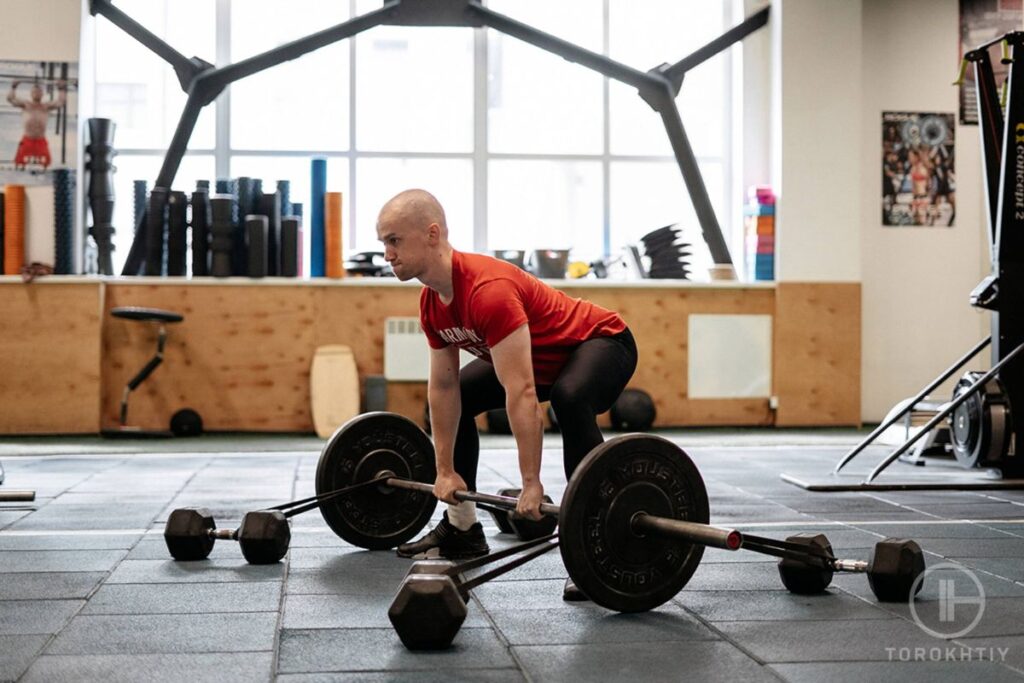
How To Know When You Need To End A Strength Training Session?
Weight lifting is about more than just lifting huge weights, it is about smart timing. To avoid overtraining and injuries while maximizing results, it is crucial to recognize when to end a workout. This optimal stopping point can be termed as “sweat point” – the juncture where further load might result in diminishing results or increase risk of injury.
Let`s find out how to identify it:
1. Form Breakdown
One of the most reliable indicators that an end session is needed is when an athlete can’t maintain proper form. One exercise form begins to falter, not only are the exercises less effective, but the risk of injury is also way higher.
2. Excessive Fatigue
If you find yourself light headed or extremely drained, it is a clear signal to stop lifting today. Pushing beyond this point can lead to decreased performance, form breakdown or even accidents with weights.
3. Training to Failure
Muscle failure is when an athlete can’t possibly do another rep with proper form. While training to failure can be beneficial occasionally, consistently reaching this point in every session can lead to overtraining.
4. Prolonged Muscle Shaking
A little trembling during an exercise, especially towards the end of a set is normal. However, if the shaking becomes pronounced and persists, it’s an indicator that the muscles are extremely fatigued and it may be time to wrap up.
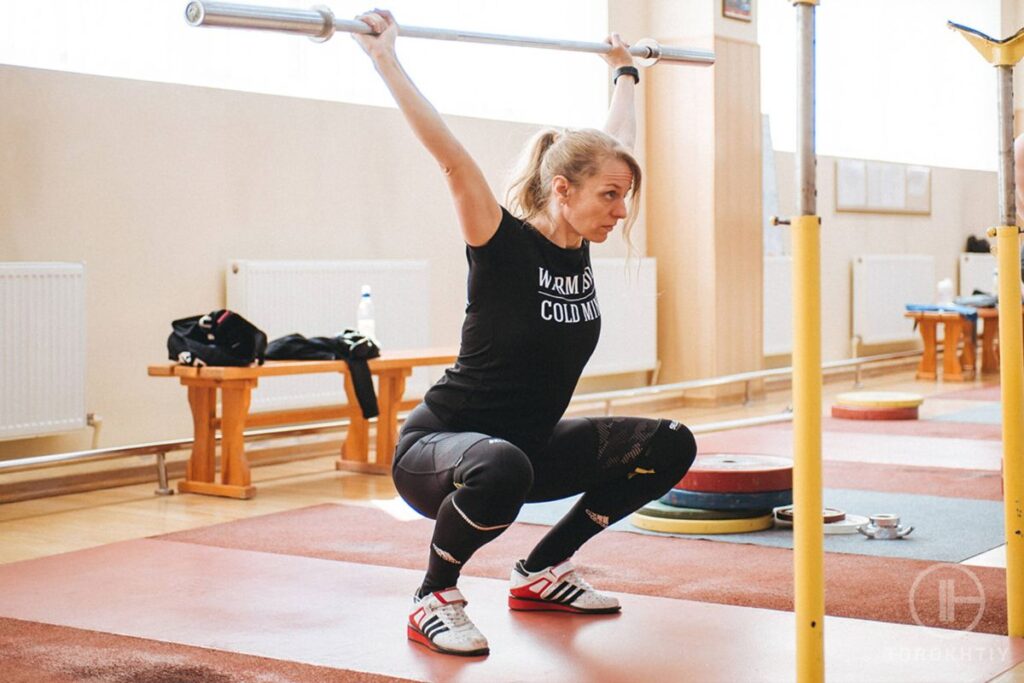
5. Lack of Mental Focus
Weight lifting requires concentration. If you find you cannot concentrate on your routine, it is a major sign you might be fatigued and it is time to end your workout.
6. Excessive Increase in Heart Rate
While high heart rate during and after heavy lifts is normal, if it feels uncontrollably high and doesn’t come down during your rest time, it might be time to call it a day.
7. Pain Beyond Discomfort
It is very important to differentiate between discomfort of lifting and pain. A sharp or persistent pain, especially in joints or any specific area – clear signal to stop exercising immediately.
8. Recovery Time Between Attempts
If you find that your usual recovery time between sets is no longer sufficient and you`re still fatigued after extended break, this could be an indicator that you are approaching your “sweat point”.
Finding your “sweat point” is about learning the balance between pushing your limits and feeling when to give your body the rest it needs. By paying attention to the signals your body provides and adjusting your loads accordingly, you can ensure that your strength training is both effective and safe.
🔻FREE OLYMPIC WEIGHTLIFTING PROGRAM
Get started on your weightlifting journey with the Torokhtiy Free Olympic Weightlifting Program! Perfect for beginners, this FREE 2-week program focuses on Snatch and Clean & Jerk techniques. Suitable for all levels, it’s designed for muscle and technical preparation.
Download now for FREE!
FAQ
How Long Should A Workout Last To Build Muscle?
A bodybuilding training session should typically last between 45 to 90 minutes. Longer workout can lead to increased cortisol and decreased testosterone levels. Which is a sign of over stress and not good for muscle hypertrophy. It is important to focus on optimal intensity, progressive overload and proper form to maximize muscle building potential.
Is 45 Minutes Of Weight Training Enough?
Definitely yes, 45 minutes of focused weight training can be enough, especially if the loads and exercises set are well-structured. It is important to prioritize compound exercises, minimizing excessive rest periods and practicing progressive overload. In this case a 45-minute session will be effective for building both strength and muscles.
Conclusion
To conclude, how long should a weight lifting workout last. In essence, the question of weight lifting workout duration does not have a one-size fits-all answer. The ideal length of workout depends on goals, volume intensity, rest intervals and athlete’s experience. What`s vital is to listen to the body, maintain consistency and prioritize quality over quantity. And your turn to share your feedback and ask questions about this topic.
Also read:
- Critical Weightlifting Mistakes
- Power Clean
- What Age Should You Start Lifting Weights
- Weightlifting Meal Plan
- How Many Calories Does Weightlifting Burn
References:
- Pablo García-Fernández, “Muscle Recovery after a Single Bout of Functional Fitness Training,” NCBI, https://pubmed.ncbi.nlm.nih.gov/34203042/(accessed Jun 20, 2021).
- Brad J Schoenfeld, “Longer Interset Rest Periods Enhance Muscle Strength and Hypertrophy in Resistance-Trained Men,” NCBI, https://pubmed.ncbi.nlm.nih.gov/26605807/(accessed Jul 30, 2016).
- Wendy S Bibeau, “Effects of acute resistance training of different intensities and rest periods on anxiety and affect,” NCBI, https://pubmed.ncbi.nlm.nih.gov/19834350/(accessed Aug 24, 2010).
- Christopher Latella, “Resistance training frequency and skeletal muscle hypertrophy,” Jsams, https://www.jsams.org/article/S1440-2440(18)30862-4/fulltext(accessed Sep 13, 2018).
- Eric J Jones, “Stability of a practical measure of recovery from resistance training,” NCBI, https://pubmed.ncbi.nlm.nih.gov/17194226/(accessed Nov 20, 2006).
Why Trust Us?
With over 20 years in Olympic Weightlifting, our team does its best to provide the audience with ultimate support and meet the needs and requirements of advanced athletes and professional lifters, as well as people who strive to open new opportunities and develop their physical capabilities with us.
By trusting the recommendations of our certified experts in coaching, nutrition, dietology, and sports training programming, as well as scientific consultants, and physiotherapists, we provide you with thorough, well-considered, and scientifically proven content. All the information given in the articles concerning workout programming, separate exercises, and athletic performance, in general, is based on verified data. We ensure that you can rely on our professionals’ pieces of advice and recommendations that can be treated as personalized ones which will benefit you and fully meet your needs.
The product testing process is described in more detail here
Author: Sergii Putsov
Head of Sport Science, PhD
Best Results: Snatch – 165 kg,
C&J – 200 kg
Sergii Putsov, Ph.D., is a former professional weightlifter and National team member, achieving multiple medals in the 94 kg weight category at national competitions. With a Master’s degree in “Olympic & Professional Sport Training” and a Sport Science Ph.D. from the International Olympic Academy, Greece, Sergii now leads as the Head of Sport Science. He specializes in designing training programs, writing insightful blog articles, providing live commentary at international weightlifting events, and conducting educational seminars worldwide alongside Olympic weightlifting expert Oleksiy Torokhtiy.

